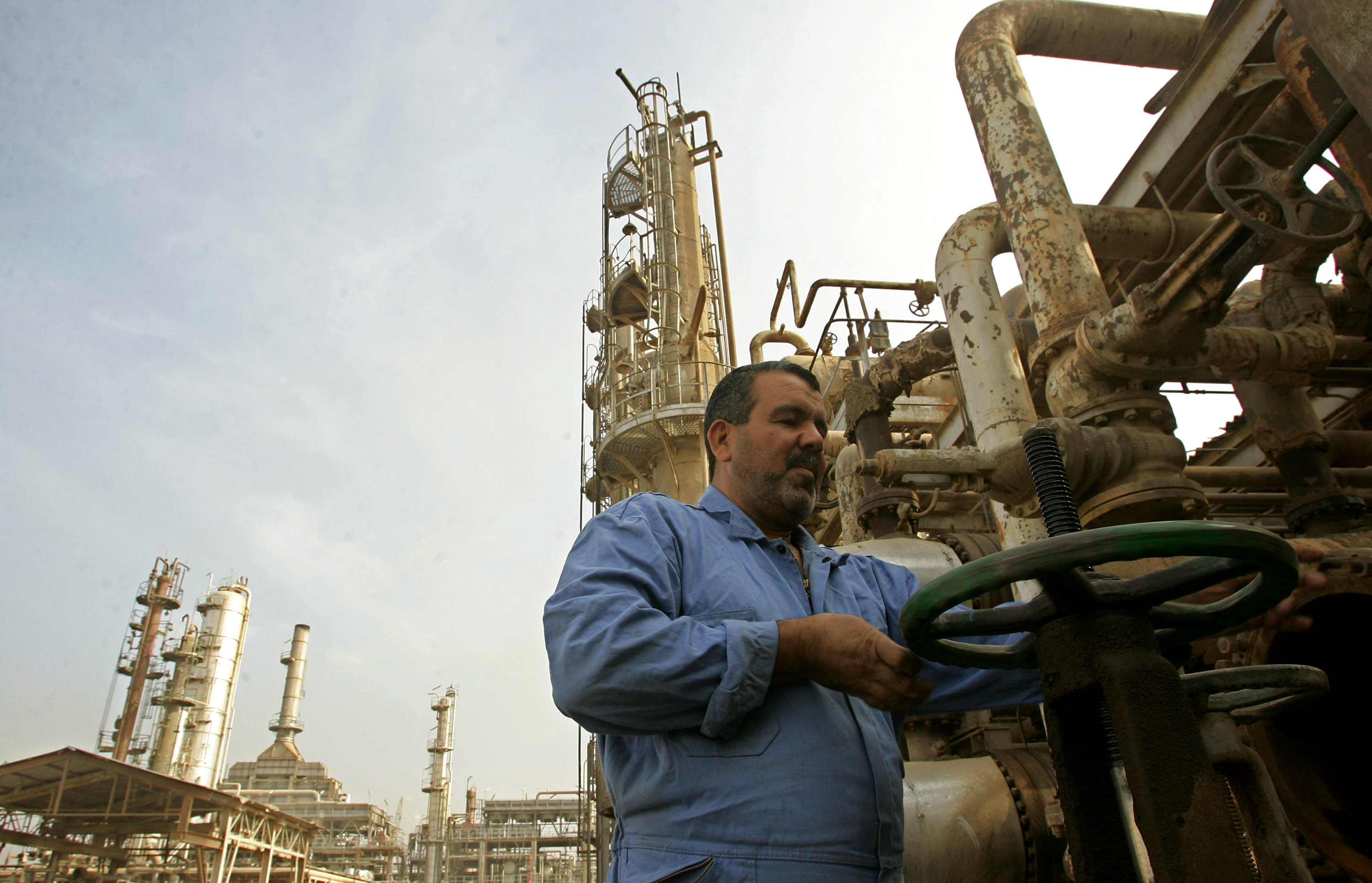Hardly a bastion of security at the best of times, sectarian violence in post-war Iraq has trended upward over the past few months, with the number of dead – mostly from car bombs and reprisals – reportedly at a five-year high. However, despite deteriorating security, the country’s largest oil fields located in the southern region have largely been spared.
“The south is experiencing less violence,” Ben Van Heuvelen, Managing Editor of Iraq Oil Report recently told Breaking Energy. Sunni-flavored militias are responsible for most of the recent attacks and it’s much more difficult for them to operate in the Shiite-dominated south, he said. Up to this point, these groups have not shown the ability or inclination to attack major oil fields.
Although down slightly from year-ago volumes, oil exports, which have been fairly consistent, are headed for a short-term decline due to debottlenecking work. Iraq reportedly exported a total of 2.324 million barrels per day in July.
The next 6 months will see southern export infrastructure upgrades with short-term export declines as debottlenecking disrupts tanker traffic. “Right now 2 of 5 planned SPMs [single-point moorings] are online, but running under capacity due to lack of adequate pumping infrastructure,“ said Van Heuvelen. SPMs transfer hydrocarbons to tankers from surface buoys supplied via subsea lines.
“It’s reasonable to expect there is spare production capacity and when infrastructure comes online exports could increase in short order. The next bottleneck is onshore storage, which needs upgrading,” he said. Oil output is expected to increase considerably in October when the Royal Dutch Shell-operated Majnoon field starts up.
Natural Gas Situation
Iraq has ambitious plans to develop its vast natural gas resources, much of which is associated gas produced along with crude oil. The country’s electric grid is currently unreliable and oil is often burned to generate power, which creates a strong incentive to use gas for power generation, reserving greater volumes of valuable crude for export.
“Natural gas development is just getting going,” said Van Heuvelen. Baghdad awarded Shell the contract for an enormous project to capture associated gas from the 3 largest southern oil fields, but agreements with the other international oil companies developing the fields still need to be worked out. “They’ve gotten some quick wins, but it’s still early days.”
Shell hopes to export gas via LNG by decade end, but that’s a tall order as the domestic market needs to be supplied first. Shell is providing much of the capital needed to develop the gas, according to Van Heuvelen, but transport infrastructure – for both gas and power – and new power plants need to be built. The Electricity Ministry, charged with commissioning power plant construction, is prone to corruption and inefficiency.
“The contracting system is broken. Many projects are years behind schedule, and some have been abandoned entirely,” said Van Heuvelen.

